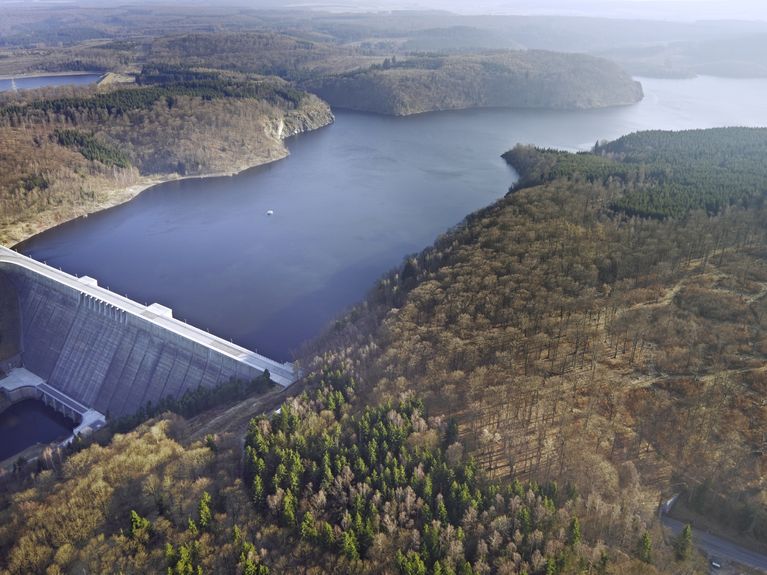
Challenge #33
Securing Water Availability.
According to the World Economic Forum, the water crisis is among the top five global risks of the coming decade. We are researching how the quantity and quality of water changes under a wide range of influences, and are developing strategies for sustainable water management.
Participating centers
Climate change, global population growth, and global markets are putting increasing pressure on natural water resources worldwide. The consequences vary greatly from region to region, ranging from extreme water shortages and high chemical loads to micropollutants and destroyed ecosystems.
At UFZ, we observe, explore, and analyze the water cycle in its various compartments and develop strategies for sustainable water management. Specifically, we investigate the available water quantity, water quality, and aquatic ecosystems in select regions – for example, asking what substances enter the water cycle via which pathways, how they are converted in the water, and which substances are decisive for the condition or development of groundwater, rivers, lakes, and reservoirs.
To this end, we are establishing complex infrastructures in collaboration with other Helmholtz centers, such as the TERENO observation platform and the MOSES mobile measuring system for extreme events, which will become operational in 2022. Modeling tools developed at UFZ help to describe and predict how the water quantity and quality will develop in ecosystems on different spatial and temporal scales, even when the data available is uncertain or scarce.
Image: UFZ/André Künzelmann